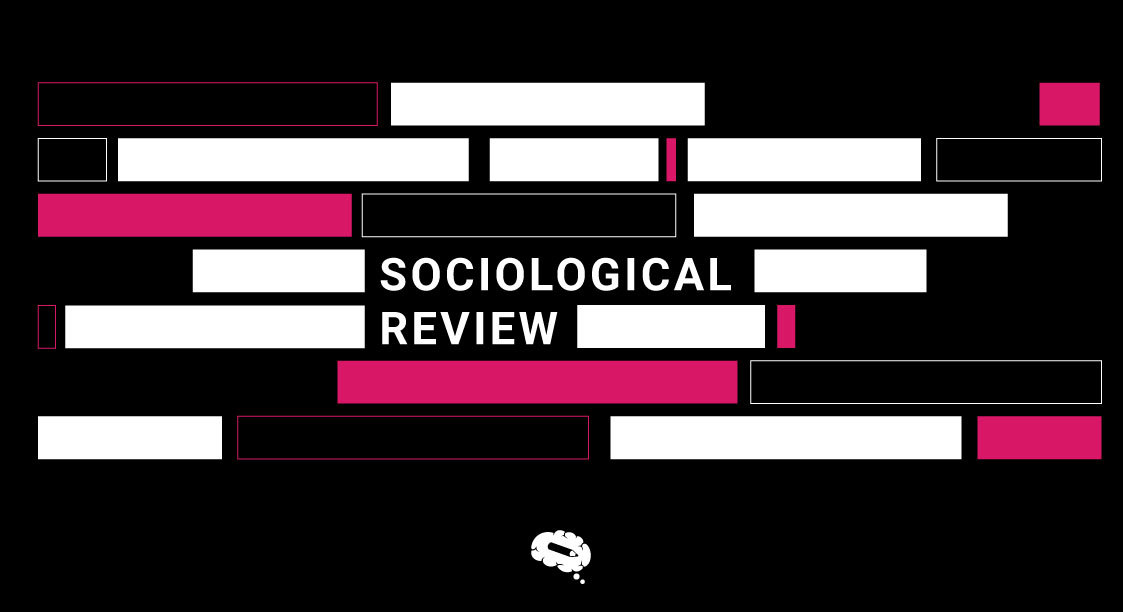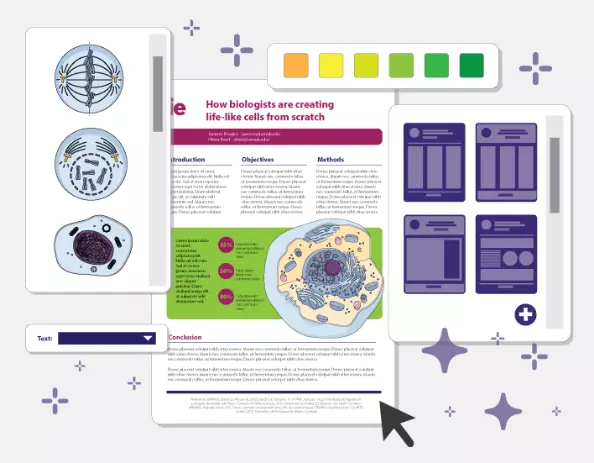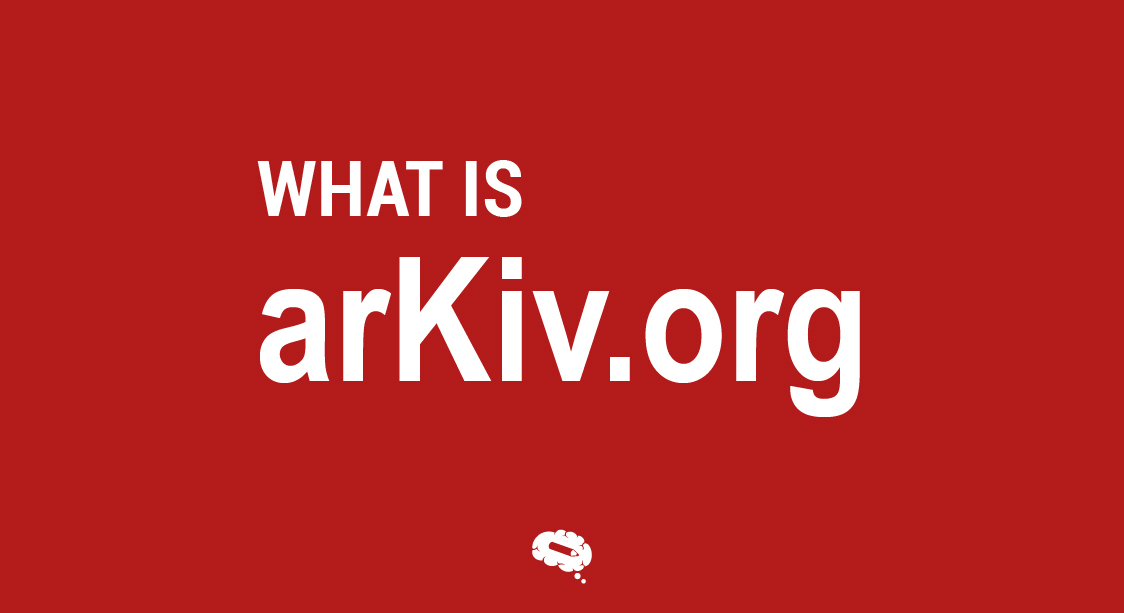Sociological review has far-reaching significance and transformative impact, understanding the role of sociological review is essential for scholars, researchers, and society. As a critical tool for advancing knowledge and understanding human society, it plays a significant role in shaping the intellectual landscape and informing scholarly discourse. This article explores the significance and impact of sociological review in academia, explaining its multifaceted contributions. By examining its role in generating empirical evidence, challenging prevailing theories, and addressing pressing social issues, we will gain a comprehensive understanding of how sociological review shapes academic research, influences public discourse, and promotes positive transformations in society.
The Purpose And Scope Of Sociological Review
Sociological review has a great purpose within the academic field, aiming to generate knowledge, critically evaluate existing theories, and foster intellectual debate. It can engage rigorous analysis, and research, and contribute to the advancement of sociological theory, methods, and concepts. It can expand the understanding of social phenomena and address pressing societal issues. Through its comprehensive examination of social dynamics, sociological review offers valuable insights into various topics, such as social inequality, race and ethnicity, gender, family dynamics, urbanization, and social movements. Exploring these areas helps society gain a deeper understanding of the complexities of human society and the underlying social processes.
The scope of the sociological review is broad and encompassing. It offers a platform for researchers to explore diverse subjects and multifaceted dimensions of social life. Through empirical investigations, theoretical analyses, and methodological advancements, the sociological review seeks to unravel the intricacies of social interactions, structures, and systems. It provides a space for scholars to critically examine existing knowledge, challenge conventional wisdom, and propose alternative perspectives. By encouraging robust dialogue and intellectual exchange, sociological review contributes to the dynamic growth of the discipline, pushing the boundaries of sociological understanding and paving the way for innovative research and ideas.
The Process Of Sociological Review
The process of sociological review is a critical aspect of academic publishing, ensuring the quality and rigor of research articles. It provides an overview of the journey that manuscripts undergo, from initial submission to eventual publication.
Submission And Initial Evaluation
The submission process for a sociological review journal begins with the author(s) submitting their research manuscript, carefully following the journal’s specific submission guidelines. Once received, the manuscript undergoes an initial evaluation conducted by the journal’s editorial team. This evaluation entails a comprehensive assessment to determine if the manuscript aligns with the journal’s scope and focus, as well as whether it meets the necessary formatting and ethical requirements. This initial stage plays a crucial role in ensuring that only manuscripts that meet the journal’s standards proceed to the next phase of the review process.
Peer Review
At the heart of the process is the peer-review system, which plays a central role in maintaining the integrity of sociological research. Manuscripts are sent to expert reviewers who evaluate the scholarly merit, originality, and methodological soundness of the work. These reviewers provide valuable feedback, suggestions, and critiques to authors, helping to strengthen their research and enhance the overall quality of the article. The role of editors is also crucial in guiding the review process, overseeing the selection of reviewers, and making final decisions regarding publication.
Also read: The History Of Peer Review: Enhance The Quality Of Publishing
Manuscript Refinement
During the review process, articles are assessed based on various criteria, including the clarity and coherence of the research question, the appropriateness of the theoretical framework, the robustness of the methodology, the relevance of the findings, and the significance of the contribution to the sociological field. Reviewers and editors carefully evaluate these aspects to ensure that the article meets scholarly standards and contributes to the advancement of sociological knowledge.
Review Outcome
Potential issues may arise, such as conflicting opinions among reviewers, delays in the review timeline, or ethical considerations regarding the treatment of human subjects or sensitive topics. These challenges necessitate careful navigation by authors and reviewers, with open communication and a commitment to maintaining academic rigor and ethical practices. The decision can be acceptance, acceptance with minor revisions, major revisions, or rejection. The author(s) are notified of the decision along with any specific feedback.
Also read: A Deep Dive Into The Importance Of Ethics In Science
Final Revisions and Editing
Once a manuscript is accepted with revisions, the author(s) embark on the final stage of the review process, involving thorough revisions and edits guided by the journal’s specific guidelines. This encompasses various aspects such as formatting, referencing, and ensuring consistency throughout the manuscript. The authors carefully address the feedback provided by the reviewers, making necessary revisions to strengthen the research and improve its overall quality.
They pay close attention to formatting requirements, ensuring the manuscript adheres to the journal’s style guidelines. Additionally, they meticulously review the referencing to ensure accuracy and proper citation of sources. Consistency in language, terminology, and presentation is also verified to create a coherent and polished final version of the manuscript ready for publication.
Also read: Citation vs Referencing: Understanding the Key Differences
Publication
After successfully navigating the review process and finalizing the manuscript, the culmination of the author’s efforts comes with the publication of their work in the sociological review journal. This pivotal moment allows the research to reach a wider audience, extending beyond the confines of the author’s immediate academic circle. Whether published in a traditional print format or accessible online, the publication signifies the contribution of valuable insights to the field of sociology and facilitates engagement with fellow scholars, researchers, and interested readers. The act of publication not only adds to the collective knowledge but also invites further discussion, critique, and potential collaborations, fostering the continuous growth and advancement of sociological inquiry.
The Impact Of Sociological Review On Academia
The impact of sociological review on academia is multifaceted and significant. Sociological review journals play a crucial role in shaping the intellectual landscape by providing a platform for scholars to publish their research and contribute to the advancement of sociological knowledge. One of the key impacts of sociological review is its ability to foster interdisciplinary collaborations. By bringing together researchers from various disciplines, sociological review encourages the exchange of ideas, methodologies, and perspectives, leading to a deeper understanding of complex social issues.
Sociological review journals contribute to the development of critical thinking within academia. Through the rigorous review process, articles are evaluated based on their methodological rigor, theoretical contributions, and empirical evidence. This scrutiny ensures that only high-quality and innovative research is published, which in turn promotes critical engagement with existing theories and concepts. Sociological review also helps establish research agendas by highlighting emerging trends, identifying gaps in knowledge, and suggesting future directions for investigation.
Moreover, it plays a crucial role in the professional development of researchers. Being published in reputable sociological review journals enhances the visibility and credibility of researchers’ work, opening doors for career opportunities and collaborations. It also contributes to the recognition and dissemination of their findings within the academic community and beyond. Overall, sociological review journals have a profound impact on academia by promoting interdisciplinary collaborations and advancing sociological knowledge.
Sociological Review And Public Discourse
Sociological review plays a vital role in shaping public discourse and policy-making by disseminating research findings that have real-world implications. Sociological research published in review journals has the power to inform and influence public debates on social issues. By presenting empirical evidence, critical analyses, and alternative perspectives, sociological review challenges prevailing narratives and offers nuanced understandings of complex social phenomena. It contributes to the development of evidence-based policies by providing policymakers with insights and recommendations grounded in rigorous research.
Through accessible language and engaging writing styles, review publications bring sociological research to a wider audience, making it more accessible and relevant beyond academic circles. This enhances public awareness of societal challenges and facilitates informed discussions on topics such as inequality, discrimination, social justice, and public health. Sociological review also encourages dialogue between researchers, policymakers, and community stakeholders, creating opportunities for collaborative efforts in addressing social issues and implementing effective solutions.
Sociological Review And Social Change
Sociological review holds great potential for driving social change through its ability to shed light on social inequalities, injustices, and structural dynamics. Research published in sociological review journals plays a critical role in uncovering and analyzing these issues, providing valuable insights into the complexities of society. By examining various aspects such as race, gender, class, power, and social stratification, a sociological review contributes to a deeper understanding of the root causes of social problems.
Furthermore, sociological review goes beyond academic discourse and actively influences societal change through its impact on advocacy efforts, policy reforms, and social movements. The findings and analyses presented in review journals provide a solid foundation for evidence-based policy-making, empowering policymakers to address societal challenges effectively. Sociological review acts as a catalyst for social transformation by informing public discourse, challenging prevailing narratives, and promoting critical dialogue around pressing social issues.
Moreover, sociological review plays a crucial role in amplifying the voices of marginalized communities and advocating for their rights. By highlighting the experiences and perspectives of disadvantaged groups, review journals contribute to the empowerment of these communities and foster a more inclusive society. Sociological review serves as a valuable resource for activists, organizations, and social movements seeking to address systemic injustices and bring about meaningful change.
200+ Pre-Made Beautiful Templates For Professional Infographics
Mind the Graph platform offers the availability of over 300 pre-made, visually stunning templates for professional infographics. These templates allow scientists to present their complex research findings and data in a visually appealing and engaging manner. With a wide variety of designs and layouts tailored specifically for scientific content, researchers can quickly create impactful infographics without the need for design expertise. This empowers scientists to effectively communicate their work, capture attention, and convey information in a visually compelling way, making it easier for their audience to understand and appreciate the significance of their findings.

Subscribe to our newsletter
Exclusive high quality content about effective visual
communication in science.





